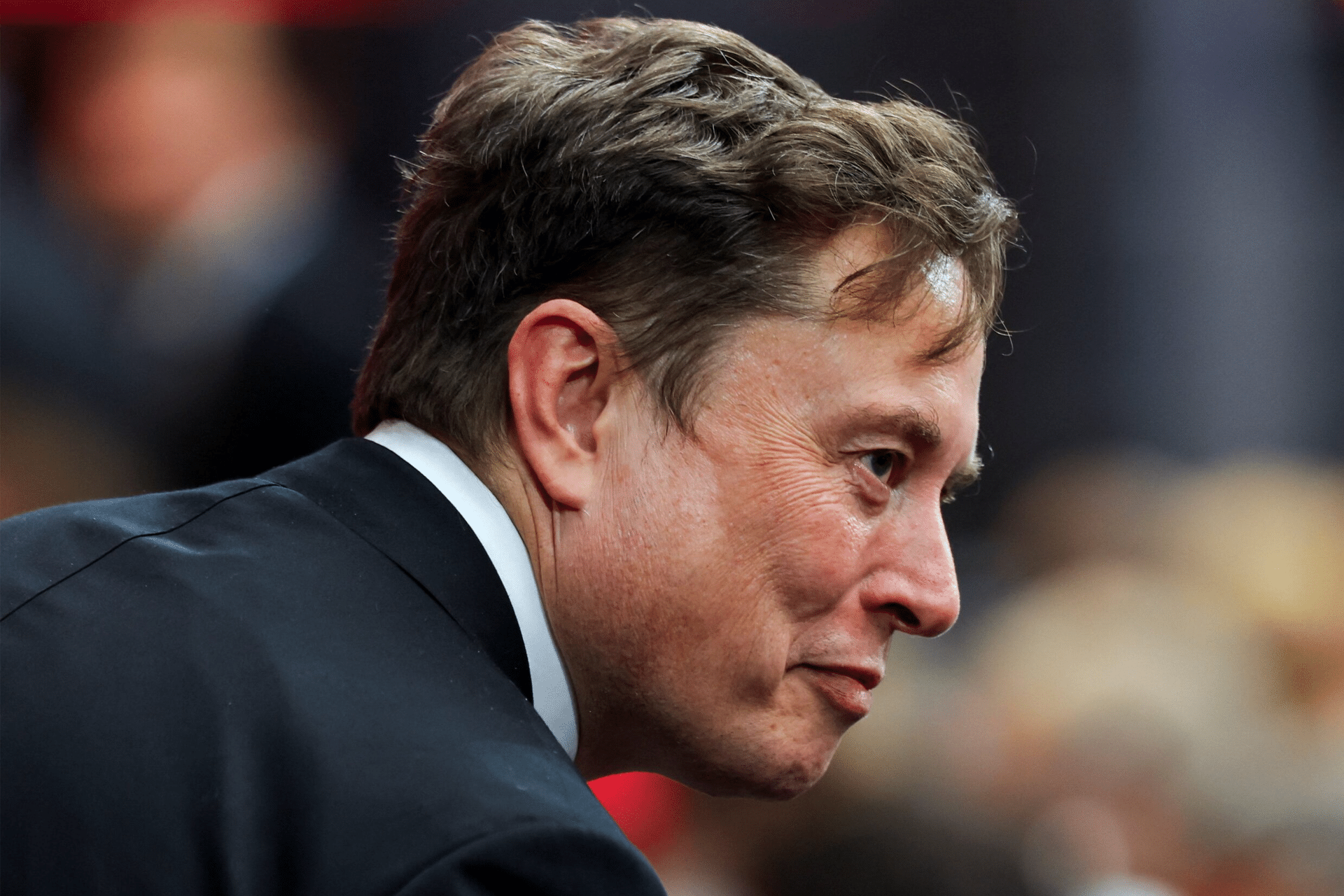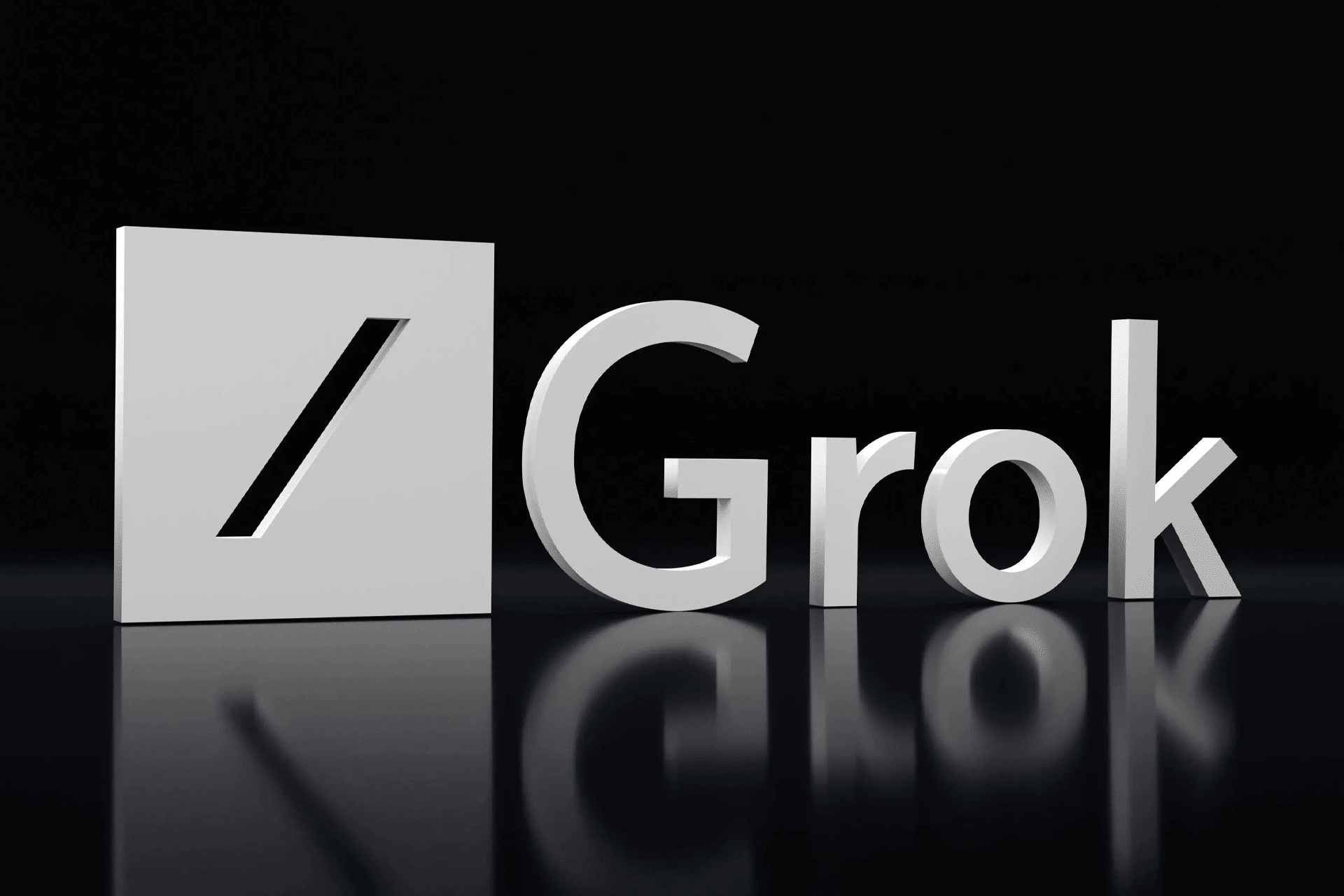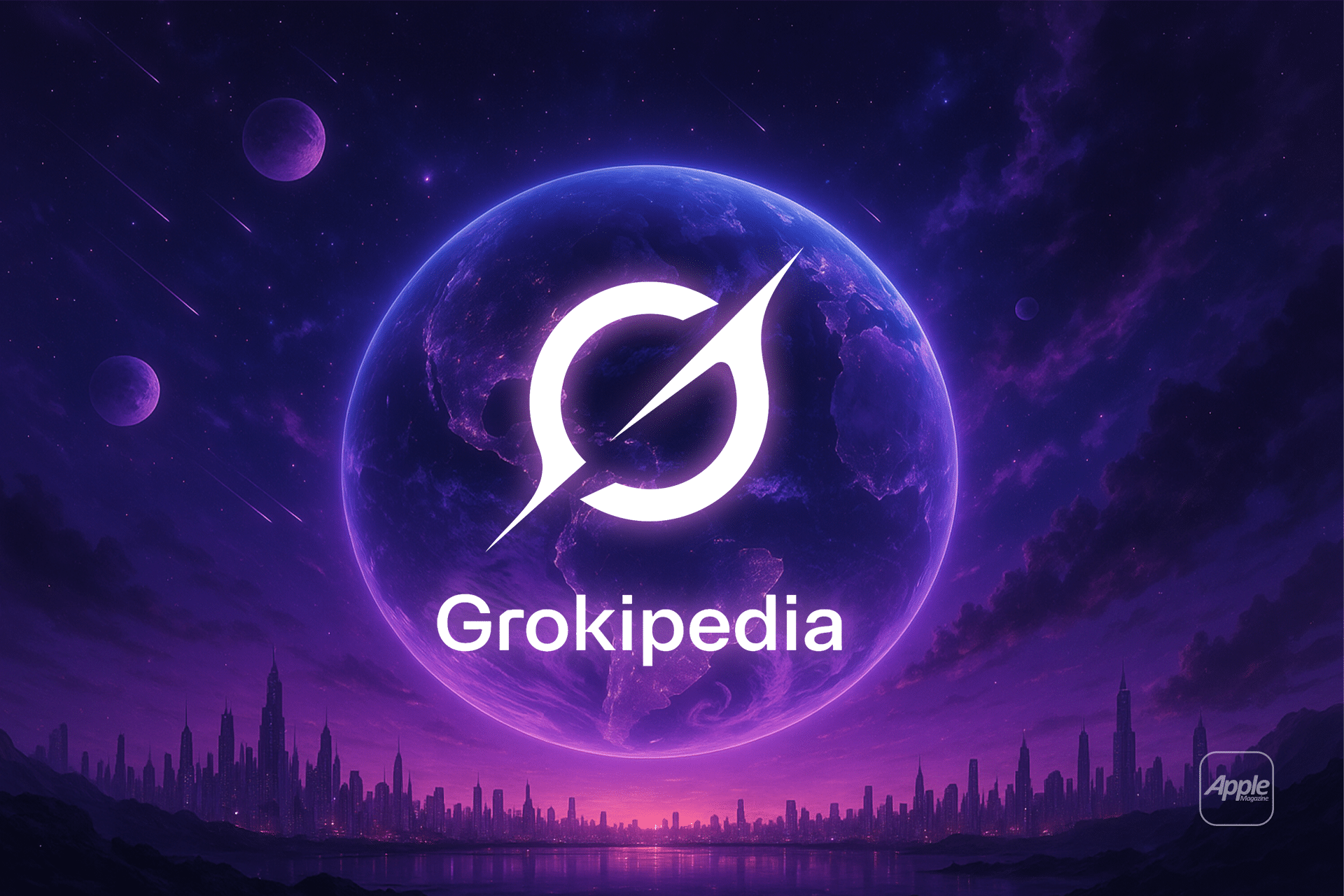Grokipedia AI is Elon Musk’s latest attempt to redefine how information is shared online. Announced this week, the project is described as an AI-powered encyclopedia that will rival Wikipedia by offering dynamic, conversational, and constantly updated knowledge. Built on the Grok AI platform already available through X (formerly Twitter), Grokipedia aims to combine generative intelligence with community oversight to deliver a new type of reference tool.
The announcement immediately sparked debate. Wikipedia has stood for more than two decades as the dominant free encyclopedia, maintained by a vast community of volunteer editors. Musk’s vision, by contrast, relies on AI to generate and refine content, promising speed and personalization but raising concerns about accuracy, bias, and editorial control.
How Grokipedia Is Designed to Work
Musk explained that Grokipedia will leverage Grok’s conversational AI capabilities to generate entries, summarize evolving topics, and respond to user queries in real time. Unlike static Wikipedia articles, Grokipedia entries could adapt to new information almost instantly, reflecting breaking news or scientific discoveries without waiting for manual editing.
The platform is expected to operate as an extension of X, with users able to ask Grok questions and receive answers that cite Grokipedia’s entries. Musk suggested that community feedback would play a role in refining responses, creating a hybrid between AI generation and user-driven correction. This model mirrors aspects of Wikipedia’s crowdsourced editing but replaces much of the heavy lifting with AI automation.

Wikipedia vs. Grokipedia
Wikipedia thrives on transparency, with detailed edit histories, talk pages, and strict sourcing guidelines. It has more than 6.8 million English-language articles and is widely regarded as one of the most reliable open resources on the web.
Grokipedia, by contrast, would lean on generative AI to create content quickly, with Musk arguing that AI can synthesize and update information faster than human editors. Advocates say this could make Grokipedia more responsive to fast-changing subjects like technology, politics, and science. Critics warn that without strict editorial controls, the platform risks amplifying misinformation or presenting AI “hallucinations” as fact.
Musk’s Broader AI Vision
The launch of Grokipedia ties into Musk’s larger strategy with xAI and Grok. Grok is marketed as a more irreverent, witty alternative to ChatGPT and other AI chatbots, integrated deeply with X’s social features. By extending Grok into a knowledge platform, Musk is signaling his intent to compete not only with OpenAI and Google but also with long-standing web institutions like Wikipedia.
Musk has repeatedly criticized Wikipedia’s editorial model, accusing it of bias and gatekeeping. Grokipedia, in his framing, is meant to democratize knowledge by removing what he sees as bottlenecks of human moderation. Whether this produces a richer or riskier platform remains an open question.
The Risks and Challenges
Building an AI-powered encyclopedia is fraught with challenges. Generative models are known to produce inaccurate or fabricated details, and unlike Wikipedia’s transparent sourcing, Grokipedia’s reliance on AI raises questions about accountability. Who ensures the accuracy of entries? How are sources vetted? What happens when the AI misinterprets or invents information?
There are also governance concerns. While Musk promises community feedback, it is unclear how moderation will work in practice. Wikipedia’s large editor community has built processes to resolve disputes and enforce standards; Grokipedia will need its own system to prevent misuse or low-quality contributions.
Potential Impact on Knowledge Sharing
If Grokipedia succeeds, it could reshape how people search for and consume information. Instead of reading lengthy articles, users might simply ask Grok for direct answers that update in real time. This conversational model aligns with broader shifts in AI-driven search, where context-rich responses are replacing lists of links.
However, critics warn that concentrating knowledge into an AI system controlled by a single company carries risks. Wikipedia’s nonprofit model is based on transparency and independence, while Grokipedia would be tied to Musk’s commercial platforms. The contrast between open, community-driven knowledge and corporate-controlled AI could spark broader debates about the future of digital information.
Looking Ahead
Musk has not provided a launch timeline, but insiders suggest Grokipedia could debut in beta within the next year. Much will depend on whether the platform can deliver reliable, trustworthy content at scale. Early adoption may be driven by Musk’s large follower base on X, but broader credibility will hinge on accuracy and transparency.
If Grokipedia fulfills Musk’s vision, it could become a rival not only to Wikipedia but also to AI-powered search tools from Google and OpenAI. If it stumbles, it may highlight the limits of AI in replicating community-based knowledge systems.








